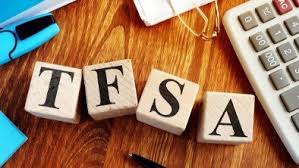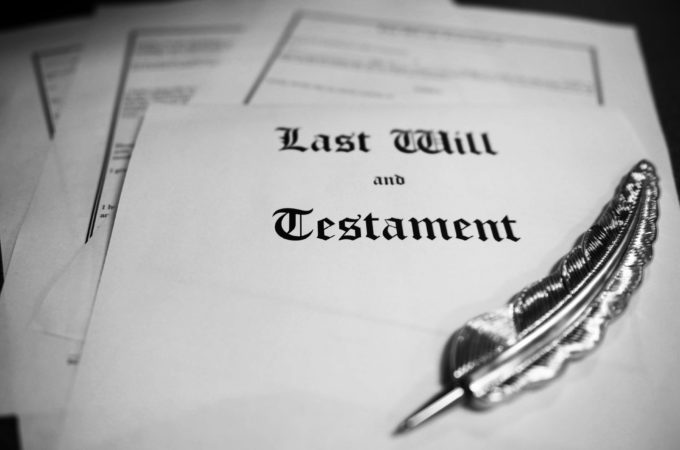Proposed regulation subsection 204.2(1) of the Income Tax Act (ITA) introduces a requirement for all trusts, that are required to file a return of income, to provide additional information[1] for each person who, in the year, is a trustee (or protector[2]), beneficiary or settlor[3]. This additional information includes: name, address,…
Beneficial ownership reporting – beware of penalties
By John Oakey closeAuthor: John Oakey
Name: John Oakey
closeAuthor: John Oakey
Name: John Oakey
Email: jfoakey@bakertilly.ca
Site: https://www.bakertilly.ca/en/btc/professionals/national-halifax/john-oakey
About: National Tax Director for Baker Tilly Canada. John has extensive experience with Canadian corporate and personal income taxes with specialization in the areas of corporate reorganizations, estate planning, succession planning and tax compliance. He also has significant experience dealing with GST/HST issues and U.S. citizen cross-border tax reporting issues.See Authors Posts (34) • August 30, 2022 • 0 Comments
Email: jfoakey@bakertilly.ca
Site: https://www.bakertilly.ca/en/btc/professionals/national-halifax/john-oakey
About: National Tax Director for Baker Tilly Canada. John has extensive experience with Canadian corporate and personal income taxes with specialization in the areas of corporate reorganizations, estate planning, succession planning and tax compliance. He also has significant experience dealing with GST/HST issues and U.S. citizen cross-border tax reporting issues.See Authors Posts (34) • August 30, 2022 • 0 Comments








